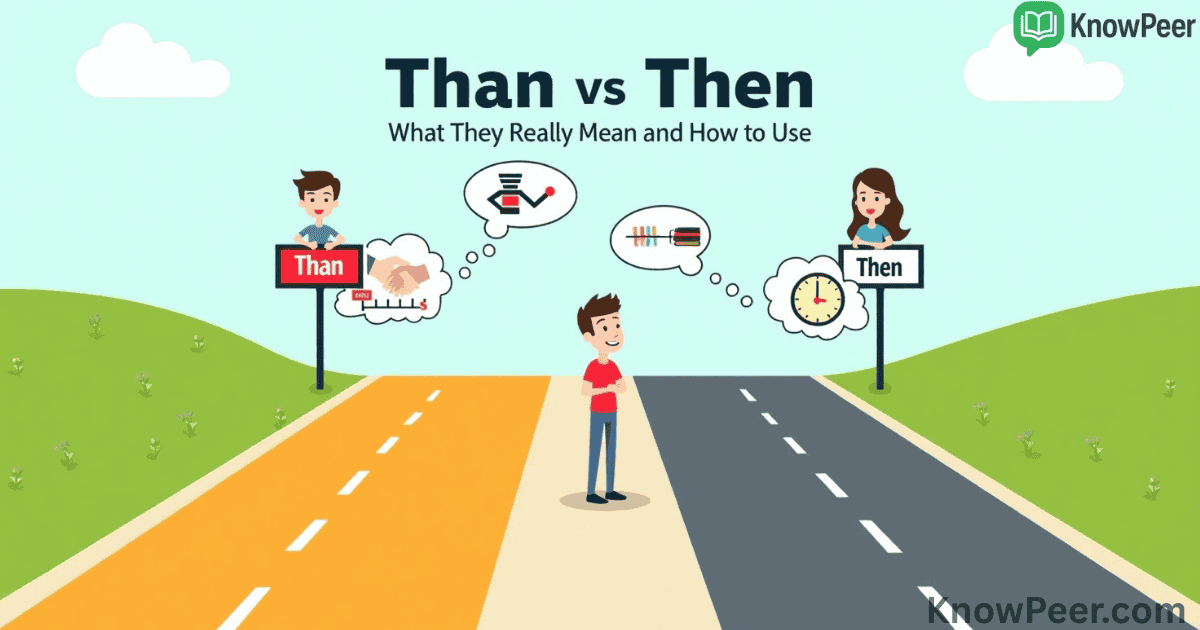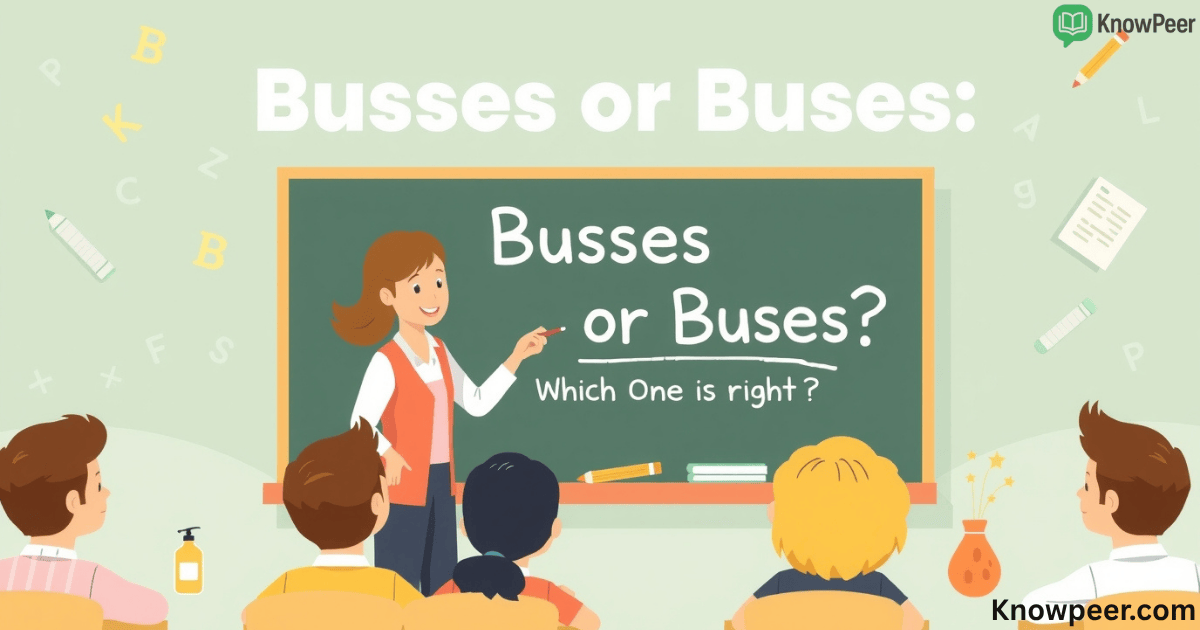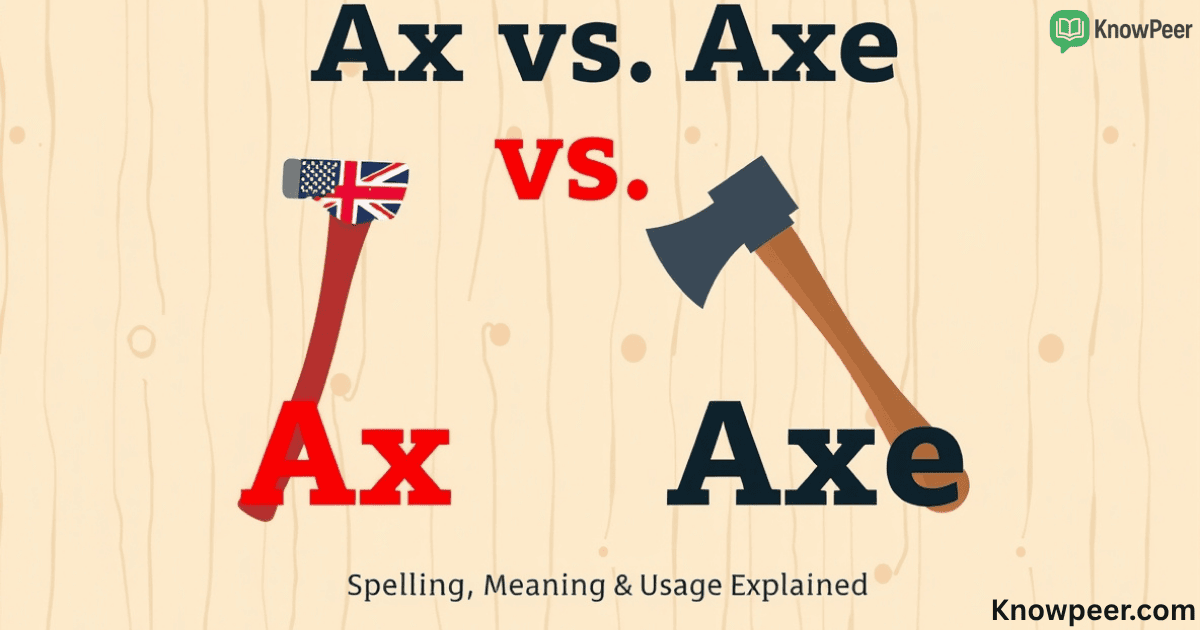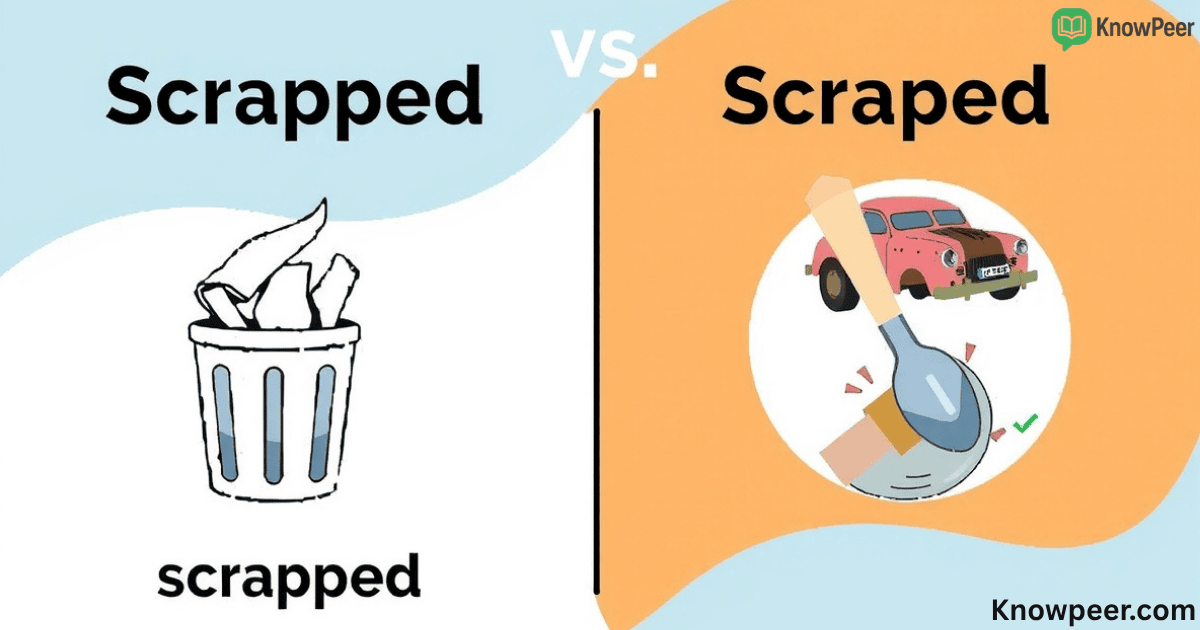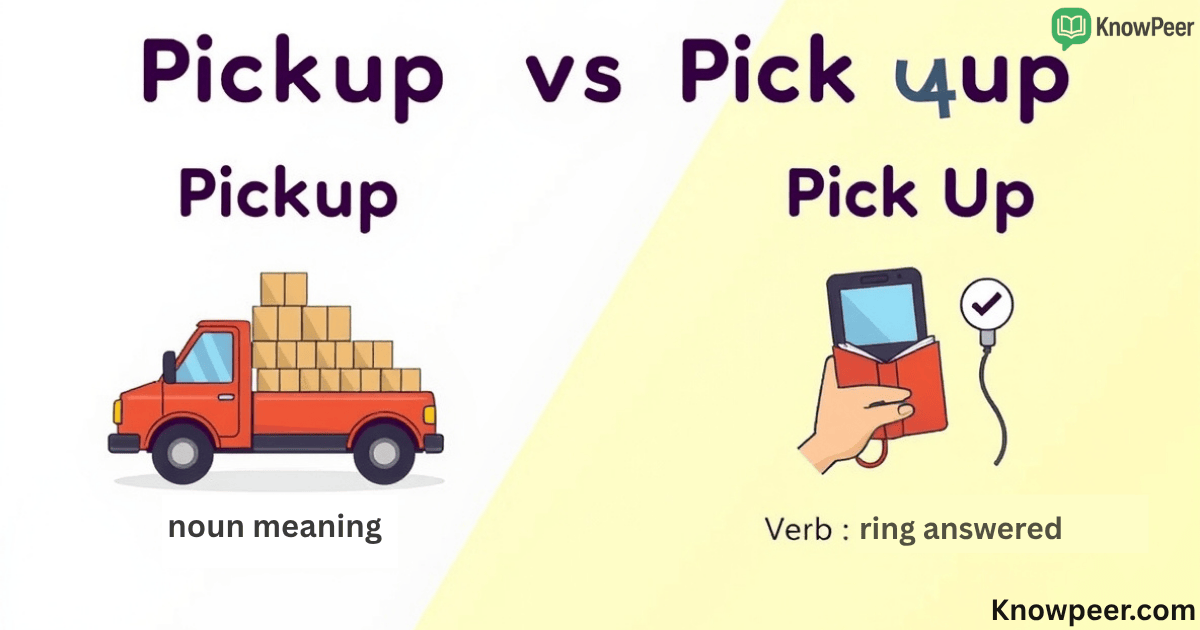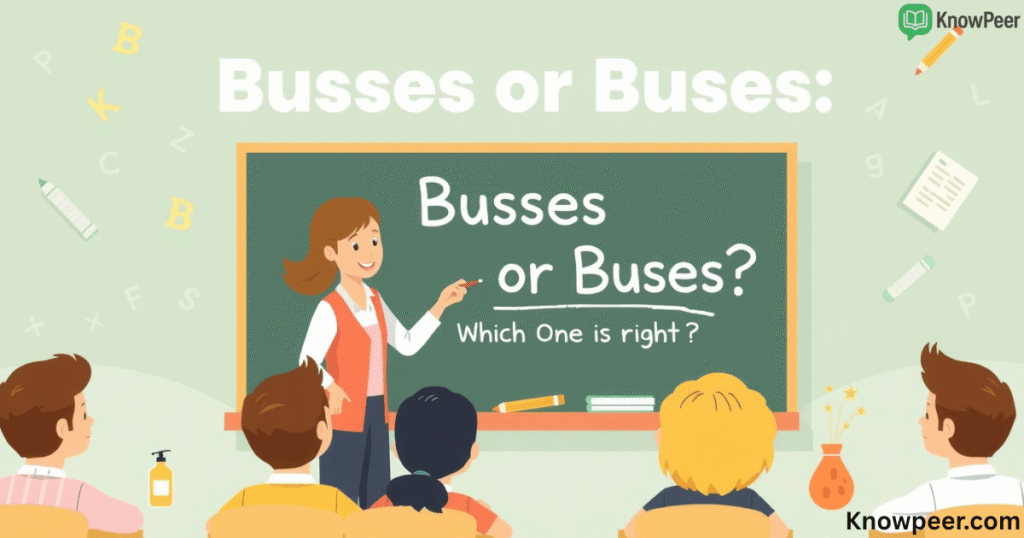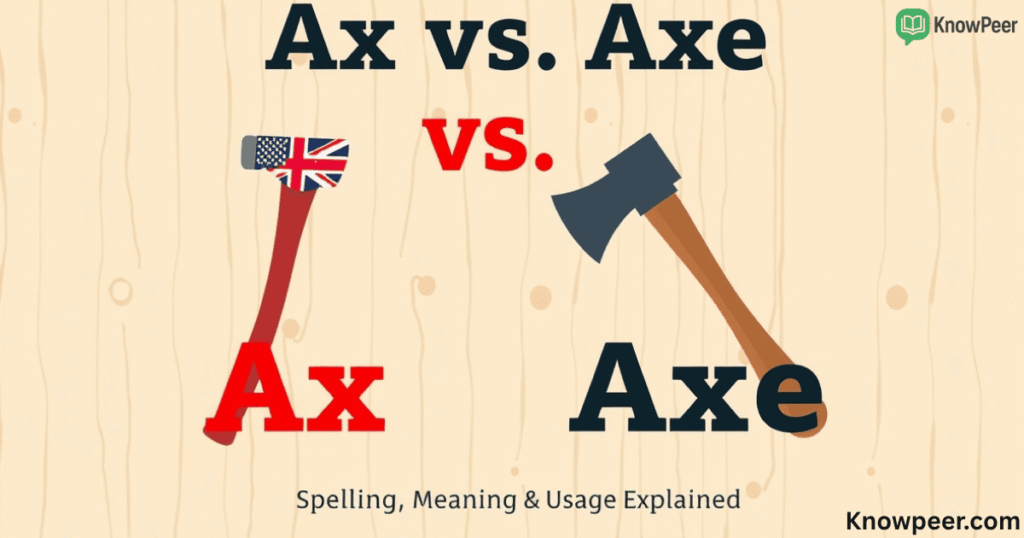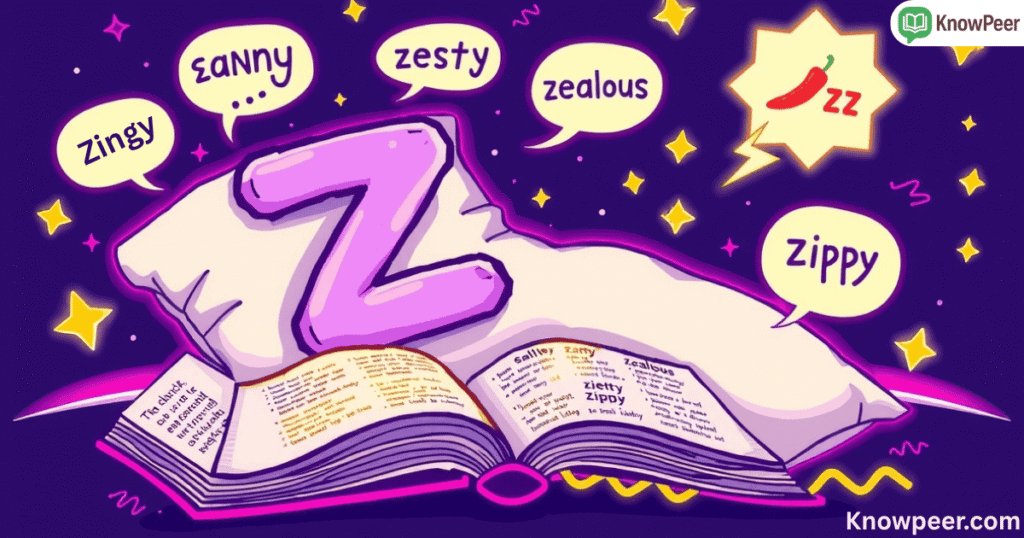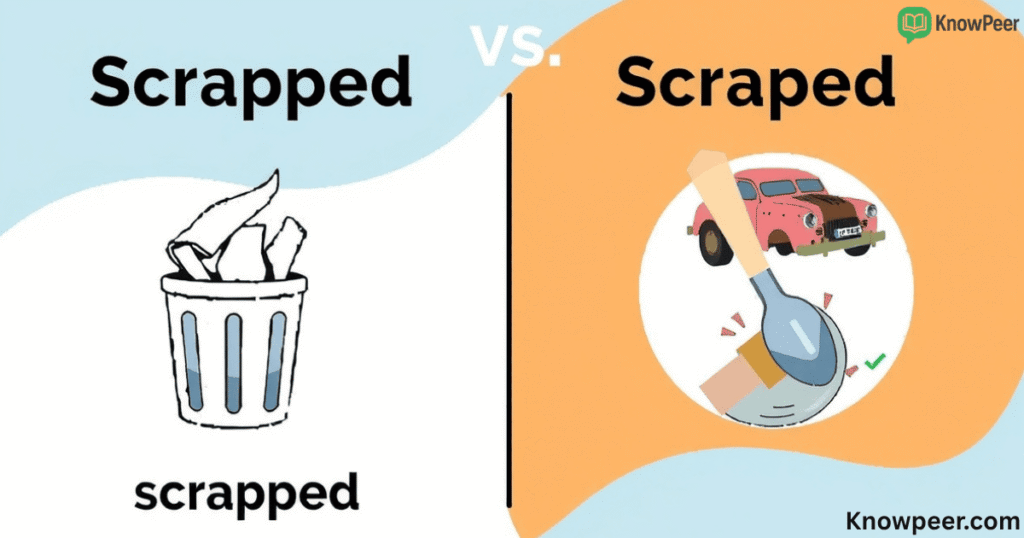When writing or speaking in English, many people get confused between than and then. These two small words look almost the same and even sound similar Than vs Then. But they are not the same at all. They serve very different purposes in a sentence. If you’ve ever written “better then” instead of “better than,” you’re not alone. It’s one of the most common grammar mistakes in English. This article will help you understand the real difference between than and then with simple examples, comparisons, and helpful tips.
By the end of this post, you’ll feel confident using these words correctly. Whether you’re a student, a writer, or just someone who wants to improve their grammar, knowing the difference between than vs then will make your writing much clearer and more professional.
What’s the Real Difference Between “Than” and “Then”?
The word than is used for comparisons. You use it when you want to show that something is different from something else. For example, you might say, “This book is better than that one.” On the other hand, the word then is about time, order, or results. You might say, “I went to school, and then I came home.” One talks about comparing; the other talks about what happens next.
This small difference changes the meaning of a sentence completely. You can’t swap these words and expect the sentence to make sense. For example, “She is taller then me” is wrong. It should be “She is taller than me.” Even though the words sound similar, they are used in very different ways.
Definitions and Parts of Speech: “Than” vs “Then”
Let’s look at what these words really are. Than is a conjunction. That means it connects two ideas, usually in comparisons. For example, “He is stronger than his brother.” It compares one person to another. On the other hand, then is usually an adverb. It tells us when something happened or what happens next Than vs Then. You could say, “We ate dinner, then watched a movie.” It shows the order of actions.
Sometimes, then can also act as a noun or an adjective. For example, “Back then, I didn’t understand” or “The then-president made the decision.” But than is always a conjunction and only used in comparisons. This clear division in grammar function helps us know which word to use when writing.
How to Use “Than” in Real Sentences
You will see than used often when making comparisons. It links two things to show that one is different in amount, size, quality, speed, or any other measurable quality. For example, “Your house is bigger than mine.” Or, “She runs faster than her brother.” You can also use “than” with words like more, less, rather, and other.
Here’s a table to show common phrases with than:
| Phrase | Example Sentence |
| more than | I have more than ten books. |
| less than | It costs less than $5. |
| other than | I don’t know anyone other than you. |
| rather than | I’d rather stay home than go out. |
These examples show how “than” creates comparison-based clarity. It helps people see differences between options, actions, or objects.
How to Use “Then” in Real Sentences

The word “then” is most often used to show time, order, or result. It helps us understand what happened next or what the next step is in a sequence. You will often see “then” in stories, instructions, or when explaining a timeline. For example, if you say, “I woke up, brushed my teeth, and then had breakfast,” the word then tells us that eating breakfast happened after brushing your teeth. It keeps the story or explanation in the correct order so it makes sense to the reader.
Another way “then” is used is in if-then sentences. These sentences show cause and effect. For example, “If you study hard, then you will pass your exam.” Here, then shows the result of the first action. It also works in more formal ways. People use “back then” to talk about a past time, like “Back then, things were very different.” Sometimes, “then” can even be an adjective, such as “the then-president,” which means the person who was president at that time Than vs Then. These examples all show that “then” is not used for comparisons. It’s used for time, order, and cause. So, when something is happening in steps or based on time, you can trust that then is the right word to use.
Common Grammar Mistakes: “Than” vs “Then”
Many writers, even native speakers, confuse than and then. One common mistake is using then when making comparisons. For example, “He is smarter then me” is incorrect. It should be, “He is smarter than me.” The reverse also happens. People use than when they mean then, like “We went to lunch, than to the park.” That’s wrong. It should be, “We went to lunch, then to the park.”
Here are some more examples of errors and corrections:
| Incorrect Sentence | Correct Sentence |
| I like coffee better then tea. | I like coffee better than tea. |
| First we ate, than we left. | First we ate, then we left. |
| He’s taller then his brother. | He’s taller than his brother. |
Learning to spot these mistakes will make your writing clearer, and you’ll sound more professional when you speak or write.
Phrases That Confuse: More Than, Other Than, Rather Than
Some English phrases always use “than”, and they often confuse people because of how close “than” and “then” sound. Expressions like “more than,” “other than,” and “rather than” are all about comparison. That means “than” is the correct word in each one. These phrases are very common, and using the wrong word, like “then”, can make your sentence sound strange or even incorrect. For example, if you say, “I have more then ten dollars,” it’s wrong. The correct sentence is “I have more than ten dollars.” This shows a comparison of quantity, which is exactly what “than” is for.
The phrase “other than” means “except for.” It’s used to compare one thing to a group. You might say, “No one came to the party other than Sarah.” Here, “than” compares Sarah to everyone else. The phrase “rather than” shows preference between two actions or ideas Than vs Then. For example, “I would rather sleep than go out tonight.” All of these phrases use “than” because they involve choosing, comparing, or showing differences. “Then” would not make sense in these sentences because nothing is happening in time or sequence. So, if you’re using these phrases, always remember: they require “than” to be grammatically correct.
Why “Other Then” and “Rather Then” Are Wrong
It’s easy to understand why some people write “other then” or “rather then.” The words sound so alike. But these are always incorrect. “Then” does not make sense in these phrases because there is no time involved. You are making a comparison, so the correct word must be than. Let’s look at two examples:
Wrong: “Other then my brother, no one came.”
Right: “Other than my brother, no one came.”
Wrong: “I’d rather drive then walk.”
Right: “I’d rather than walk.”
These examples show how switching one word can change the meaning or break the grammar of your sentence. Always stop and ask yourself, “Am I comparing things, or am I talking about time?” That simple test can save you from a mistake.
Etymology: Where Did “Than” and “Then” Come From?

Both than and then come from Old English, and at one point, they were even the same word. The root word was “þanne” or “þænne,” which later split into two different meanings. One evolved to show comparison, becoming what we now know as “than.” The other became “then,” to show time and sequence.
This history explains why people still confuse them. They share a common past, but English grammar has made them grow apart. Knowing this gives us a better understanding of their roles today. While their roots are shared, their modern meanings are completely different.
Memory Tricks to Never Mix Them Up Again
There are a few simple tricks to remember the difference between than and then. One is to remember that “than” has an A, just like in the word “compare.” So when you are making a comparison, you use than. The word “then” has an E, like in the word “event.” So when you are talking about time or order, use then.
Another way is this phrase: “If it’s about time, use then. If it’s a comparison, use than.” Repeat that to yourself when writing. Over time, you’ll get faster and better at spotting the right word to use.
How to Self-Check Your Sentences for Correct Usage
When you’re not sure which word to use, pause and read the sentence again. Ask yourself, “Am I comparing two things? Or am I talking about what happens next?” If it’s a comparison, use than. If it’s about time, use then. Also try replacing the word with a similar phrase. For example, change “than” to “in comparison to.” If it still makes sense, then it’s correct.
You can also use grammar tools like Grammarly, or check a trusted site like Cambridge Dictionary or Merriam-Webster. These sites provide real examples and definitions that help confirm your choice.
Final Thoughts
Understanding the difference between than vs then might seem small, but it makes a big impact. Using the wrong one can confuse your reader or even change the meaning of your sentence. These two little words are powerful tools in clear, effective communication.
Now that you’ve seen real examples, grammar rules, and tips, you’re more prepared to use both correctly. Keep practicing, and soon it will feel natural. Grammar is like any other skill—it improves the more you use it.

